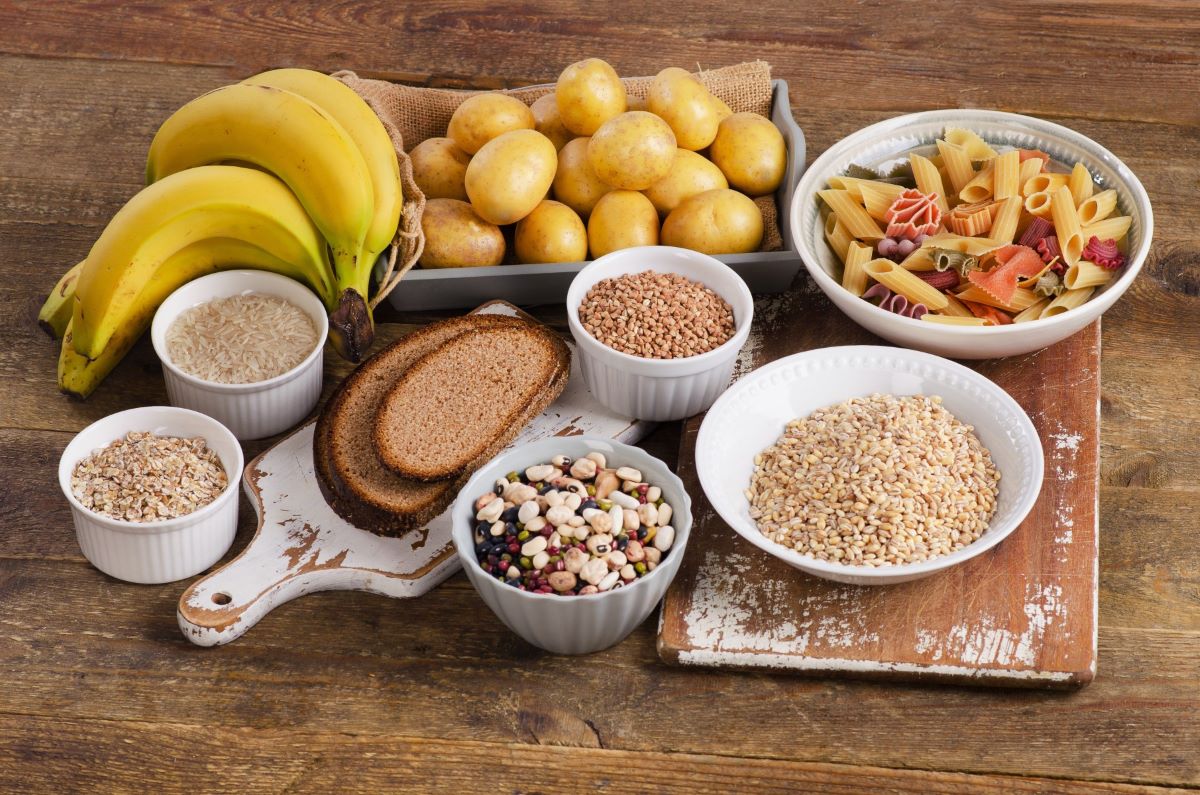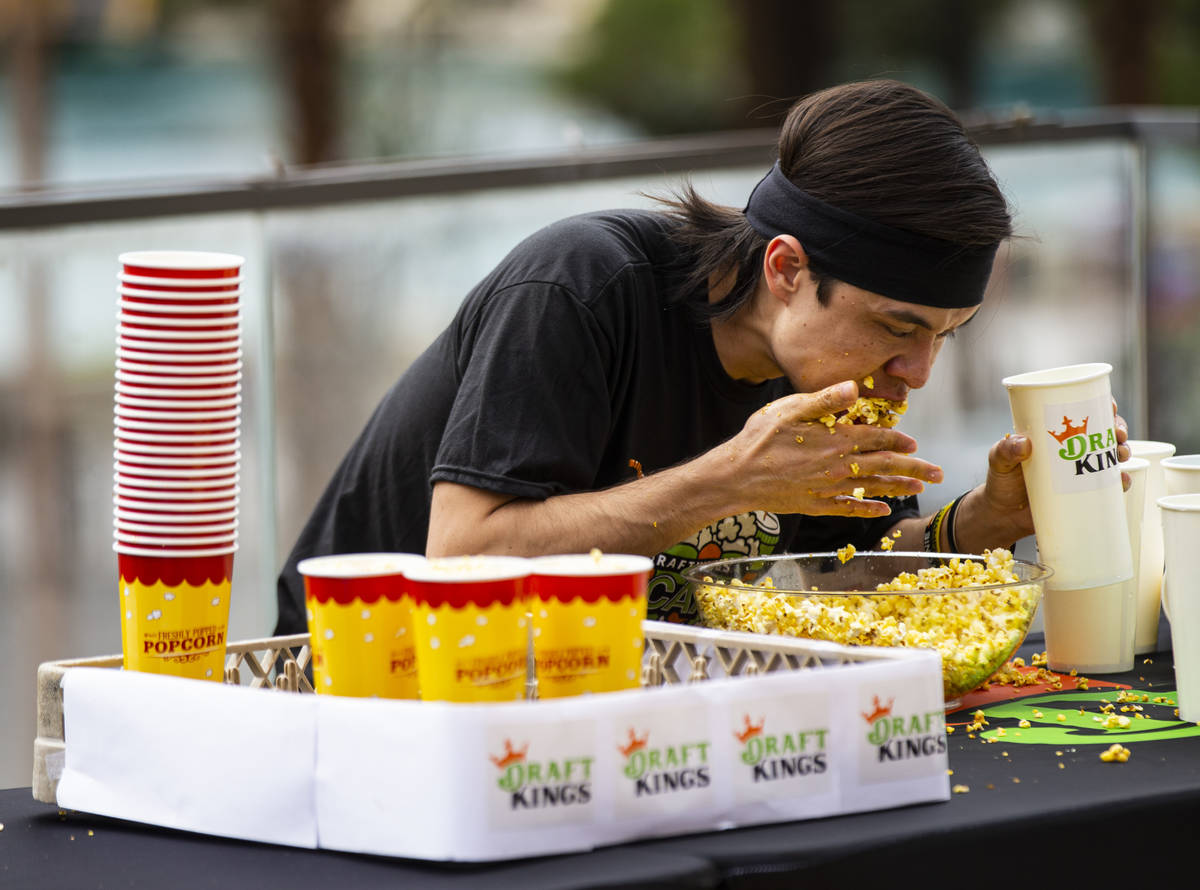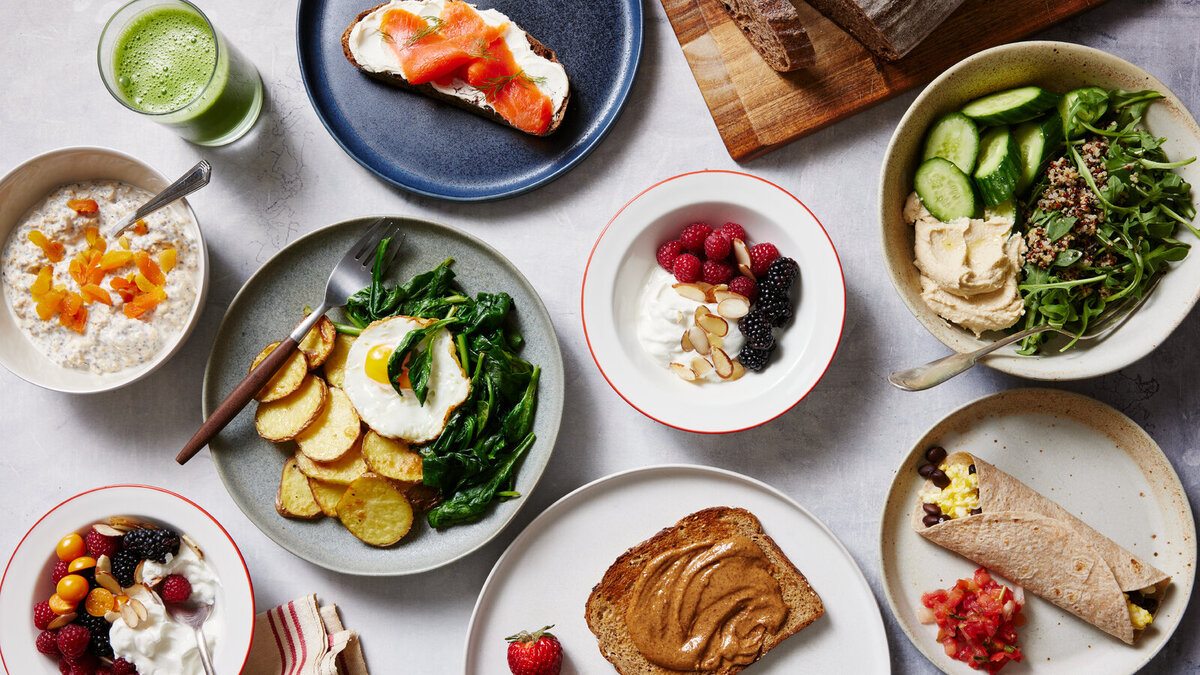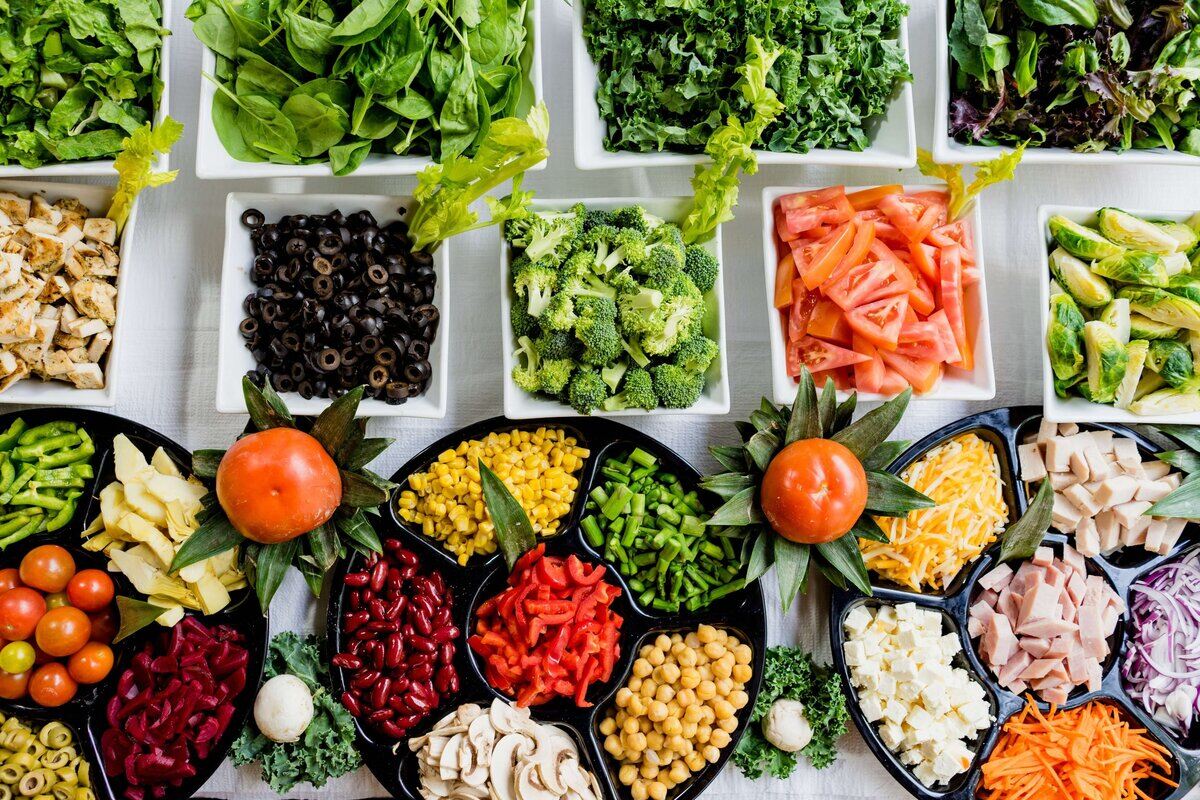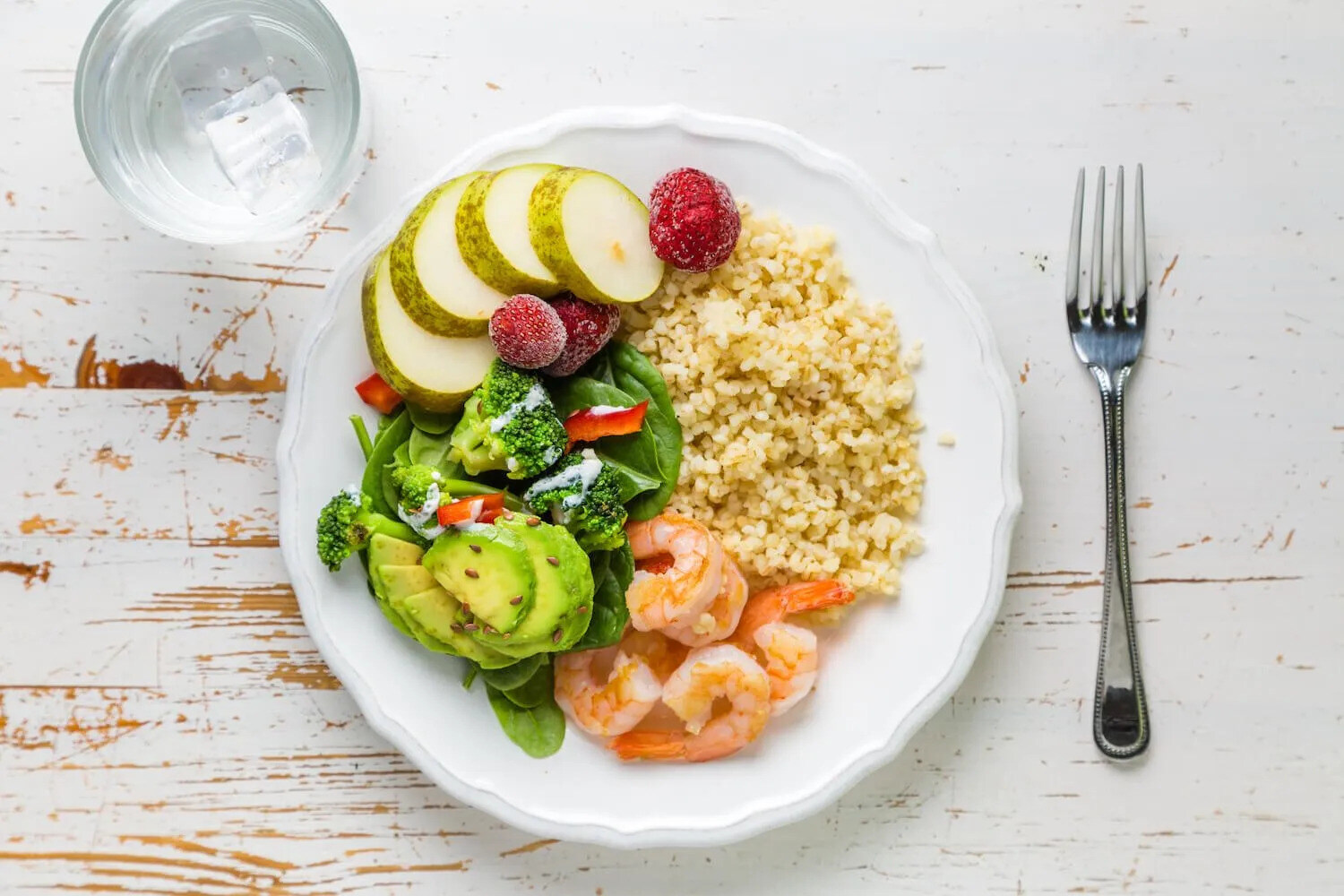Eating and Training Like an Athlete
When it comes to eating and training like an athlete, it’s important to understand that it’s not just about what you do in the gym, but also what you put into your body. Athletes follow a strict regimen to ensure they are performing at their best, and you can do the same by incorporating some of their habits into your own routine.
Eating Like an Athlete
Athletes understand the importance of fueling their bodies with the right nutrients to perform at their peak. Here are some tips on how to eat like an athlete:
- Focus on whole foods: Athletes prioritize whole, unprocessed foods such as fruits, vegetables, lean proteins, and whole grains. These foods provide essential vitamins, minerals, and antioxidants that support overall health and performance.
- Stay hydrated: Proper hydration is crucial for athletic performance. Athletes make sure to drink plenty of water throughout the day and especially before, during, and after workouts.
- Balance macronutrients: Athletes aim to consume a balance of carbohydrates, proteins, and healthy fats to support energy levels, muscle recovery, and overall well-being.
- Timing is key: Athletes often eat smaller, balanced meals and snacks throughout the day to maintain energy levels and support muscle recovery.
- Supplement wisely: While whole foods are the foundation of an athlete’s diet, they may also use supplements to fill in any nutritional gaps. It’s important to consult with a healthcare professional before adding supplements to your regimen.
Training Like an Athlete
Training like an athlete goes beyond just hitting the gym. It involves a combination of strength training, cardiovascular exercise, flexibility work, and proper recovery. Here’s how you can train like an athlete:
- Set specific goals: Athletes set clear, measurable goals to track their progress and stay motivated. Whether it’s improving strength, speed, or endurance, having a goal in mind can help you stay focused and committed to your training.
- Vary your workouts: Athletes incorporate a variety of exercises and training modalities to challenge different muscle groups and prevent plateaus. Mixing up your workouts can also help prevent boredom and keep you engaged.
- Focus on recovery: Rest and recovery are essential components of athletic training. Adequate sleep, proper nutrition, and active recovery techniques such as stretching and foam rolling can help prevent injury and optimize performance.
- Listen to your body: Athletes pay close attention to how their bodies feel and adjust their training accordingly. If you’re feeling fatigued or experiencing pain, it’s important to take a step back and allow your body to recover.
- Stay consistent: Consistency is key in athletic training. Whether it’s sticking to a regular workout schedule or maintaining a nutritious diet, consistency is what ultimately leads to progress and results.
Bringing It All Together
Eating and training like an athlete requires dedication, discipline, and a focus on overall health and well-being. By adopting some of the habits and principles that athletes follow, you can enhance your own performance and feel your best both in and out of the gym. Remember, it’s not about perfection, but rather making small, sustainable changes that lead to long-term success.
So, whether you’re an aspiring athlete or simply looking to take your fitness to the next level, incorporating these tips into your lifestyle can help you eat and train like a true champion.
